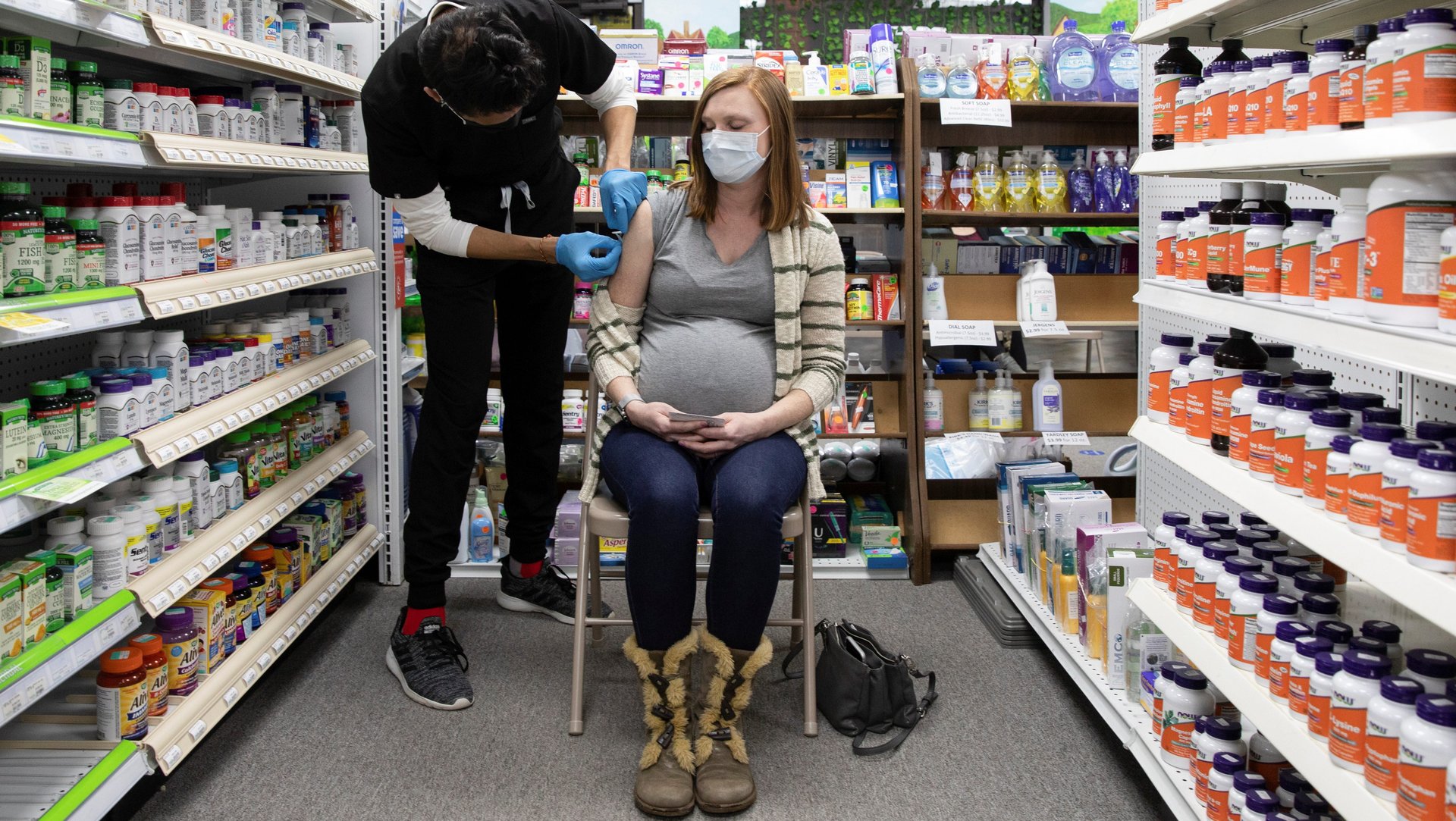The Covid-19 vaccine side effects that specifically affect women
Since Covid-19 vaccine administration began around the world, side effects have been more severe in women. According to the US Centers for Disease Control and Prevention (CDC), during the first month of vaccine administration, 62% of the doses in the US were given to women, but 71% of the side effects were reported by them.


Since Covid-19 vaccine administration began around the world, side effects have been more severe in women. According to the US Centers for Disease Control and Prevention (CDC), during the first month of vaccine administration, 62% of the doses in the US were given to women, but 71% of the side effects were reported by them.
One explanation is that estrogen produces a stronger immune reaction, intensifying the overall symptoms felt after the vaccine. Similar effects have been observed with other vaccines, too.
But besides experiencing stronger versions of the common side effects, women have been reporting specific issues that, in many cases, they have struggled to connect to the shot.
Swollen underarm lymph nodes
Lymph nodes swell up when the body is having an immune response. They store white blood cells tasked with attacking pathogens, and become enlarged when the white blood cell production increases, as it does during an infection—or as our immune system learns how to fight a pathogen after getting a vaccine.
As a reaction to the vaccine, some have reported swollen lymph nodes by their armpits, typically in the same arm where the shot was administered. For women in particular, feeling an enlarged lymph node near the breast is concerning, as the lump resembles a sign of breast cancer.
But while unpleasant, the swelling shouldn’t be cause for alarm, and it is supposed to subside within days of the vaccine. If it doesn’t, doctors recommend contacting a healthcare provider.
False-positives in mammograms
The swollen lymph node could lead to a scare even if it isn’t detected at touch. Some women who underwent their routine mammograms shortly after the vaccine were given false-positive results; the test would show a swollen node, calling for further screening. Although there isn’t harm in having two mammograms only to find the lump was a reaction to the vaccine, it can be very distressing, as well as a waste of resources.
The US Society for Breast Imaging suggests scheduling the mammogram either before the vaccine, or at least a month after the last dose.
Heavy, irregular periods after a Covid-19 shot
Some women who received a Covid-19 vaccines have reported irregularities in their period following the shot, including heavier bleeding. Doctors aren’t yet sure if there is a link between the vaccine and heavier period, and haven’t identified the mechanisms by which the vaccine would cause that.
However, when it comes to irregular periods, the cause might not be the shot per se, but the fever that might result from the vaccine. Fevers delays egg production, so it can determine a change in the cycle.
Still, doctors recommend women who observe significant changes in their periods after getting vaccinated to reach out to their doctors rather than simply dismissing it as a vaccine side effect.
Fertility issues
Pregnancy increases the risk of a Covid-19 infection turning severe, and if possible, women trying to conceive should get the vaccine before doing so. This includes women who are undergoing fertility treatments, although the recommendation is to avoid the vaccine in the three days before procedures such as egg retrieval, to give the body time to recover from the side effects and potential impact of fever on egg development.
Blood clots
The CDC and Food and Drug Administration are still investigating whether the six cases of rare blood clot disease—of which one fatal—that emerged in the US following Johnson & Johnson vaccine shots were a side effect of the disease. Although the incidence is extremely rare (six out of 7 million shots), they all affected women. Women should be especially vigilant should they feel severe headache, stomach pain, or leg pain—all symptoms of blood clots—in the weeks following the vaccine.
A similar, rare type of blood disorder emerged as an extremely rare side effect of the AstraZeneca vaccine, and was more frequent in women, as well.